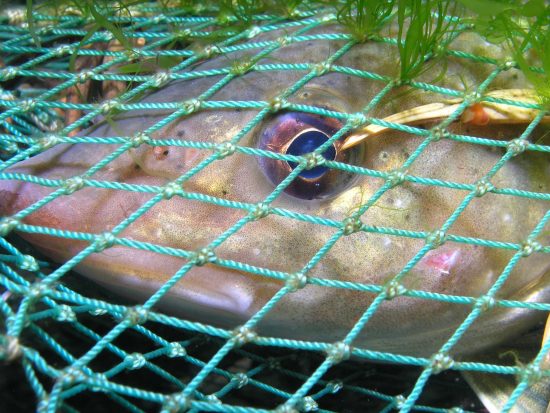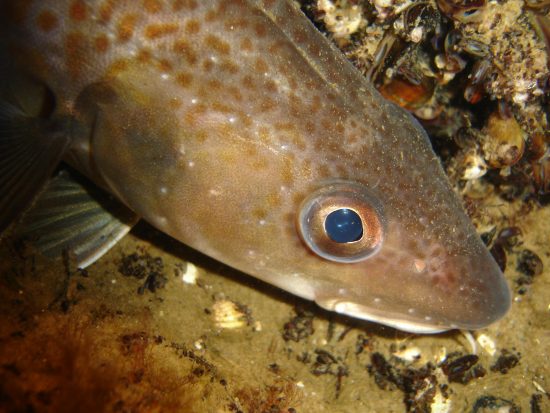



Scientists suggest revision of maximum catch quotas
Cod is the great predator of the Baltic Sea and the main fish stock for
German coastal fishermen. Now that the cod fishery is in a state of
collapse, the implication of this for the fishing industry is serious.
Scientists have strongly recommended reducing the cod catch by 87
percent.
“This is the ugly consequence of overfishing. The fisheries’ pressure
on cod stocks had been too high for over 20 years. The larger, older
cod that produced a lot of offspring is now almost completely missing
from the picture,” said WWF fisheries expert Stella Nemecky in German.
The situation in 2015 was already very unfavourable, and had almost
caused the industry to completely collapse. Hence, the presumptions for
recovery and the scientific recommendations for maximum catch quotas
need to be revised. Nemecky explained that a drastic reduction on the
catch quotas had not been implemented over the years, due to the
socio-economic effect this would have on the German coastal fishing
industry. However, she added that further delaying the implementation
of drastic cuts would be the nail in the coffin for fish stocks and the
fisheries industry.
Indeed, if catch levels were to be based on scientific recommendations,
it might be necessary to close down the fisheries industry completely
for next year, or perhaps indefinitely. Such was the case for the cod
fisheries in Newfoundland in the early 1990s, where the cod stock and
industry collapsed completed and today, the cod has not yet returned.
In the Baltic Sea, in addition to the coastal fishing industries, there
are also the recreational catches by fishermen who fish along the
deep-sea routes. At the request of the European Commission, the
International Council for the Exploration of the Sea (ICES) has taken
their “contribution” to the depletion of the cod stocks into account,
and this has been set aside at 2,558 tonnes of the total cod catch
every year on average from the Baltic Sea. Thereafter, there are only
917 tonnes of cod available from the western cod stock, and this is
primarily divided amongst German, Danish and Swedish fishermen.
Scientists have recommended not removing more than 3,474 tons of the
total cod stock.
According to Nemecky, “the recreational fishermen do have an impact on
the shrinking cod stock, as they are not required to adhere to
restrictions like a minimum size for the fish they catch. In addition,
the fishing sector needs to be more significantly involved in the
recovery of the cod stocks.” The proposal by the German Anglers’
Association was indeed very welcome, but do not go far enough. If
control is to be taken seriously, a daily catch limit for each angler
can be a very effective measure. In other cases, it is already
practised: For seabass (among other fishes in the North Sea), the
European Federation of Anglers has proposed a catch limit of two fish
per day for each angler. In addition, WWF calls for the protection of
cod whenever they gather to spawn. Such a seasonal closure of the
fisheries should, of course, apply to both recreational fishermen and
fisheries alike.
More information: www.wwf.de
 Mares
Mares 15th July 2016
15th July 2016